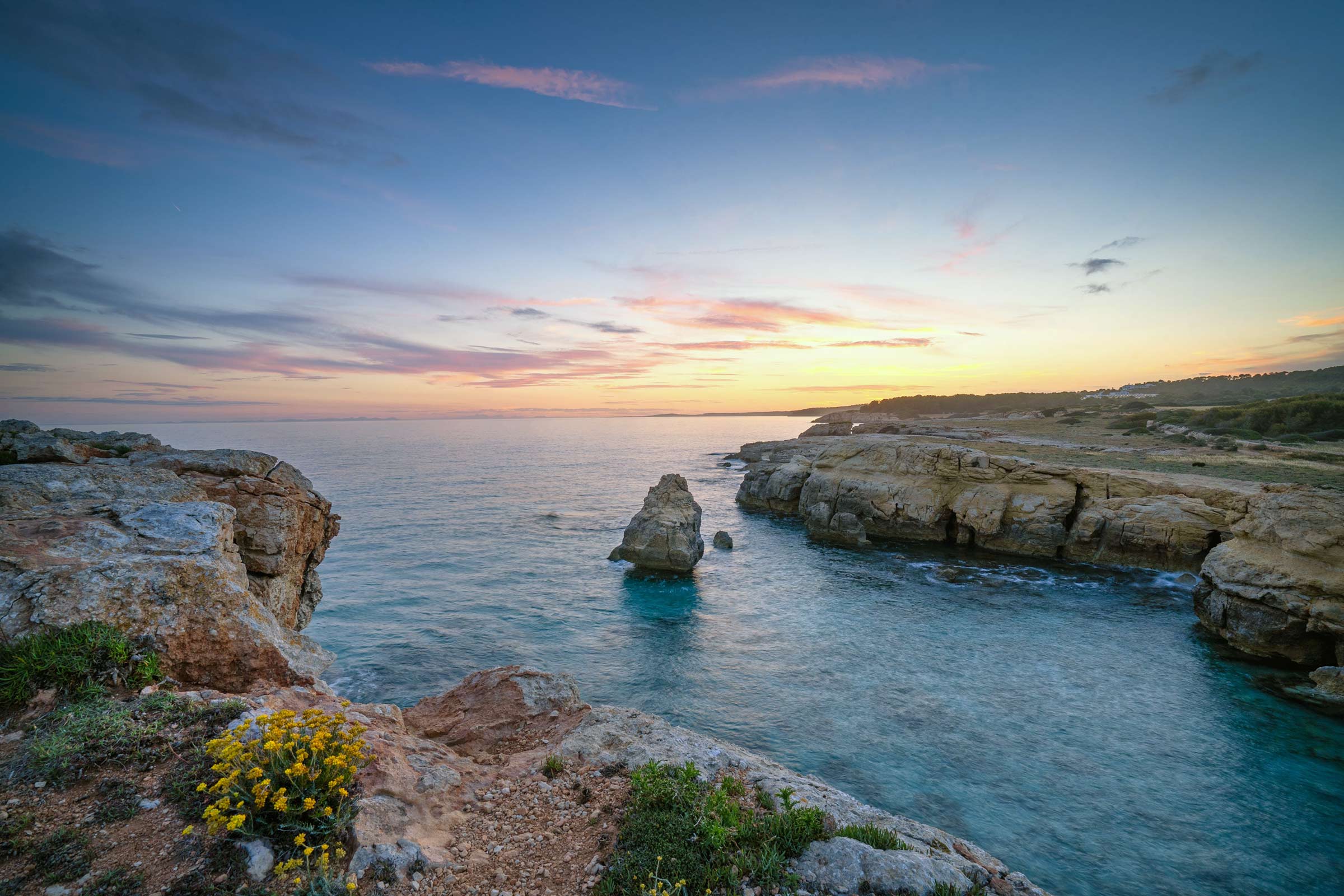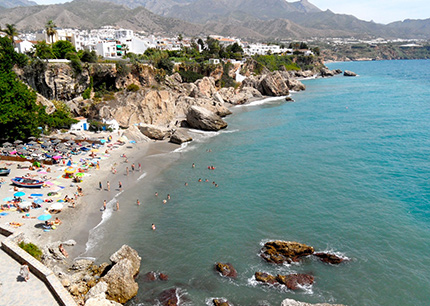Registering your Spanish property for tourist use? New voting requirements explained
If you own a property in Spain and are considering registering it for tourist rental, it is important to be aware of a key legal update affecting the process. Under current legislation, registering a home in the Tourism Registry now requires prior approval from the community of property owners (comunidad de propietarios), and not just any approval – a qualified majority vote is needed.
What is a qualified majority?
As set out in Article 17.12 of the Spanish Horizontal Property Law (Ley de Propiedad Horizontal), a qualified majority means:
- Three-fifths (3/5) of all property owners, and
- Three-fifths (3/5) of the total participation quotas in the building.
Importantly, this does not refer to 3/5 of the owners present at a meeting. Instead, it refers to a double majority of the entire ownership, regardless of whether all owners attend the meeting or not.
So for the decision to pass, you must obtain the agreement of:
- At least 60% of all the owners in the building, and
- Those owners must collectively hold at least 60% of the ownership shares.
The 30-Day Rule: How absentee votes count
After the vote is taken during a community meeting, Spanish law allows 30 calendar days for any absent owners to express their position. According to Article 17.8, if a properly notified owner does not respond within that time, their silence is legally interpreted as a vote in favour of the agreement reached by the majority.
This rule is important because it means the votes of absent owners will reinforce the decision taken at the meeting—whether it is to approve or reject the proposal.
However, if an owner disagrees with the result, they must notify the community secretary within 30 days (using a method that provides proof of receipt) to formally register their opposition.
What about increasing community fees for tourist rentals?
The same qualified majority is also required when the community wishes to adopt a resolution to increase the community fees by up to 20% for those owners who rent out their property for tourist purposes.
For example, if a proposal is made to raise the fees for tourist rentals and it is rejected by the majority, then the votes of those not present at the meeting will also count as supporting the rejection—unless they formally object within 30 days.
This legal structure is designed to ensure the stability of agreements and prevent decisions from being overturned by inaction.
Do you need help navigating property laws in Spain?
At My Lawyer in Spain, we regularly assist property owners with legal advice related to tourist rentals, voting procedures, and community agreements. If you are unsure how to register your property with the Tourism Registry, or if these changes affect your property, get in touch with our expert team.




